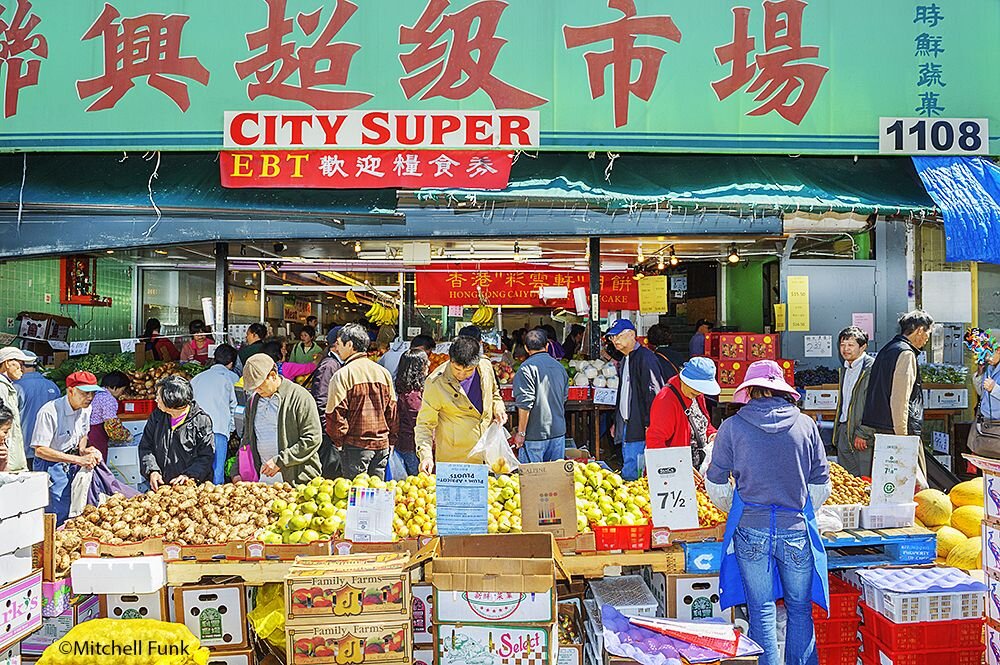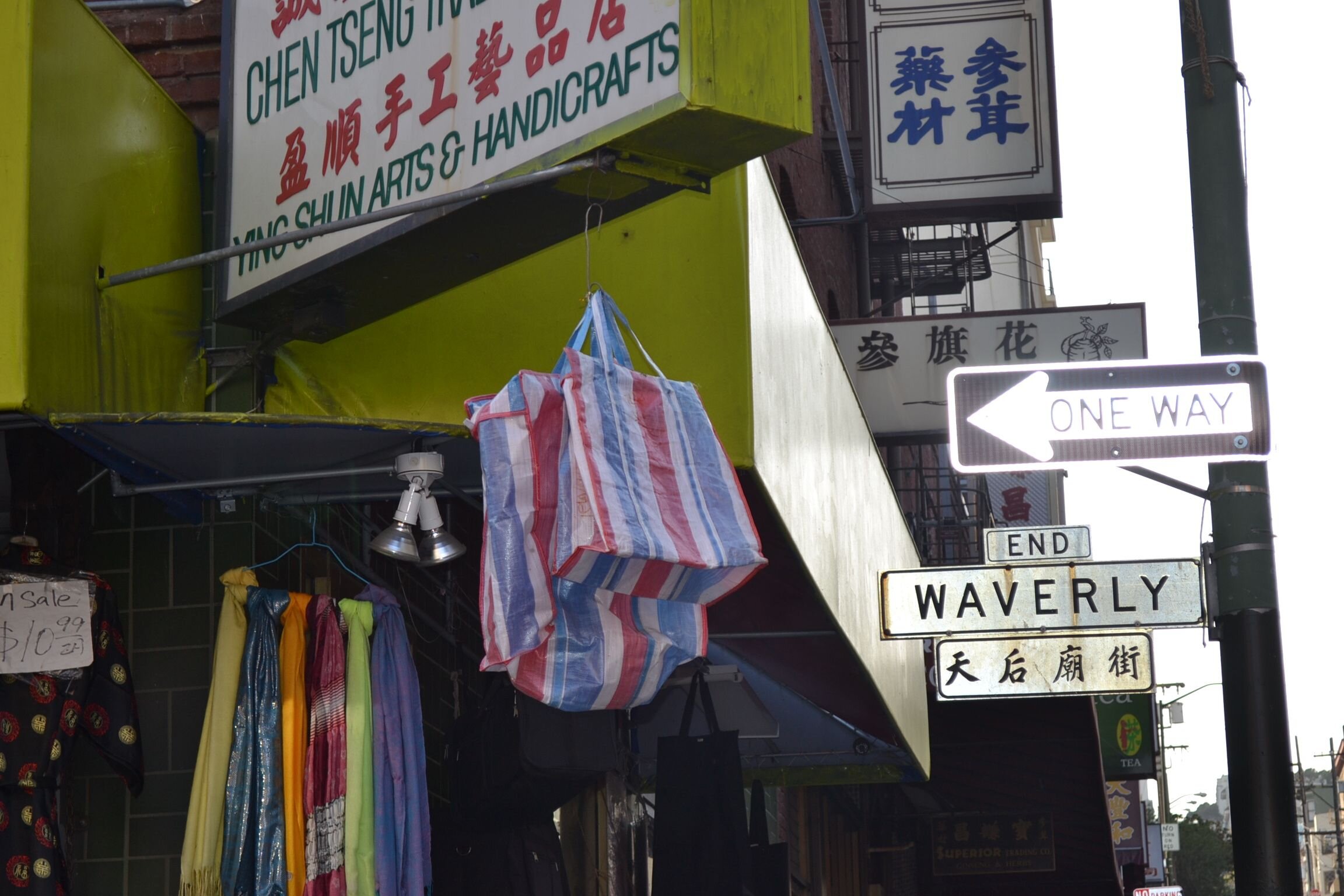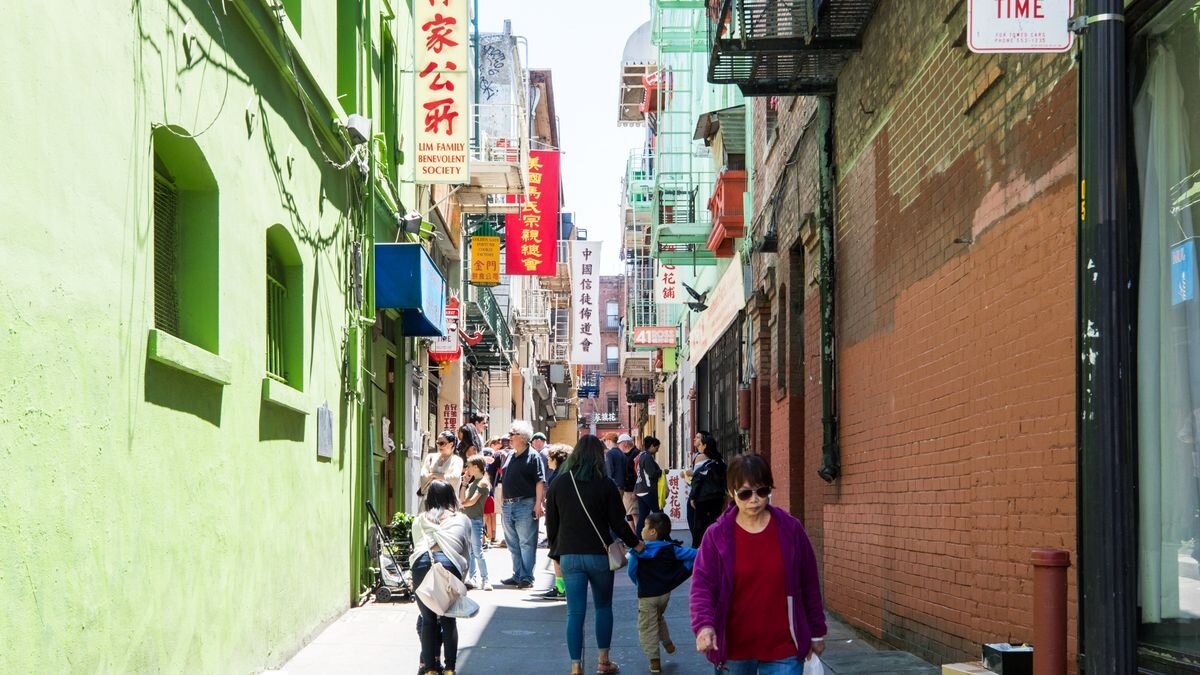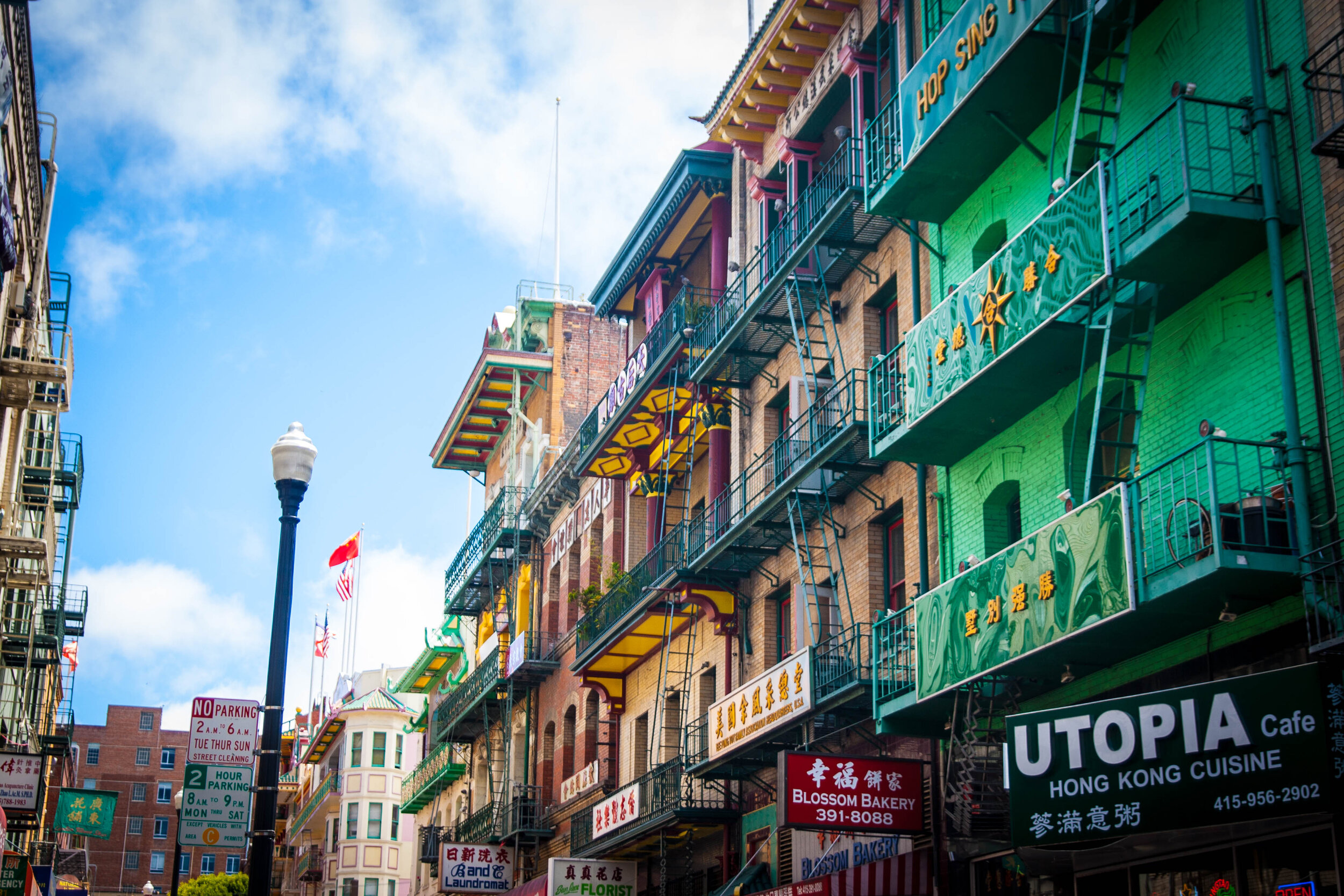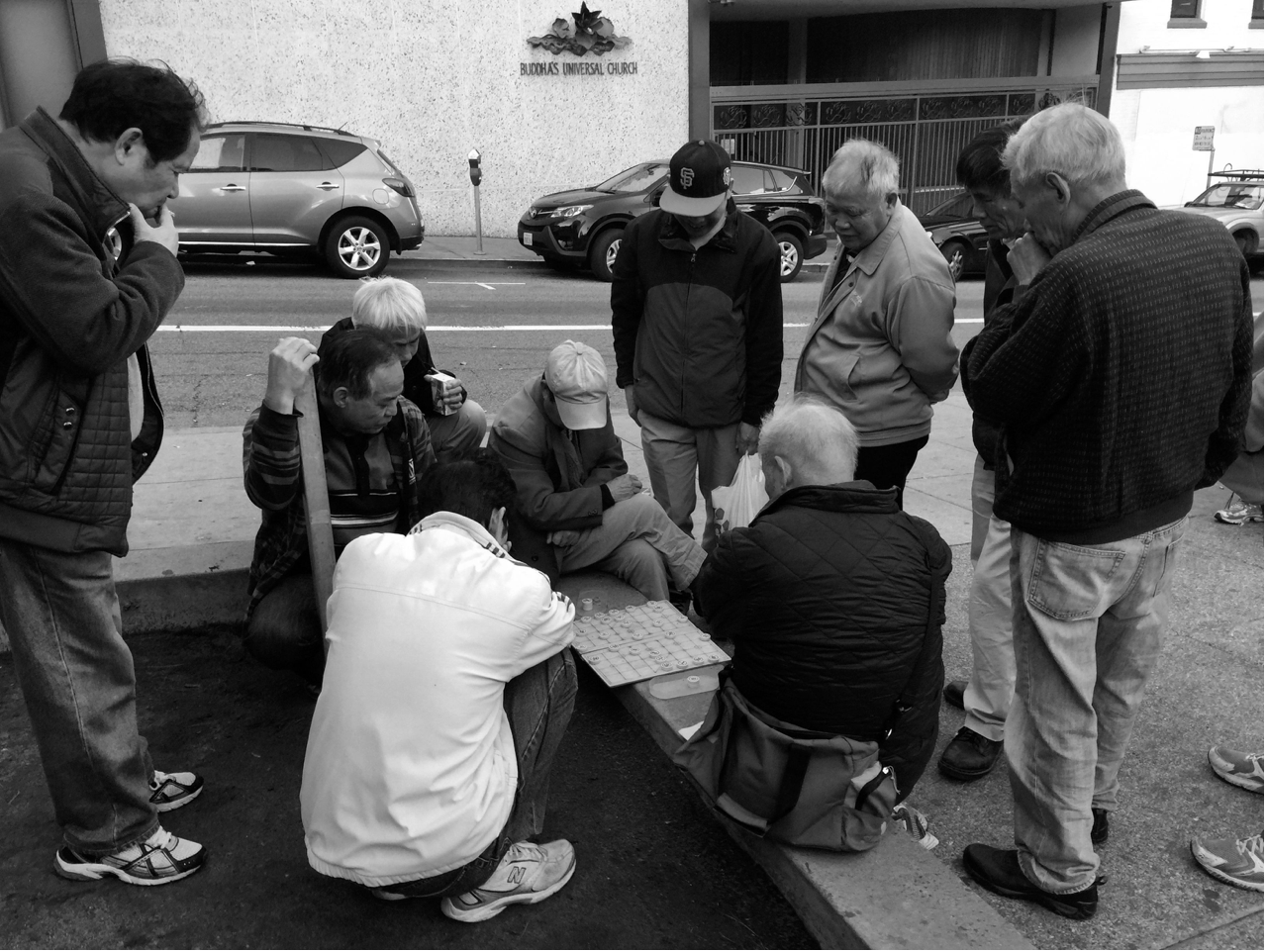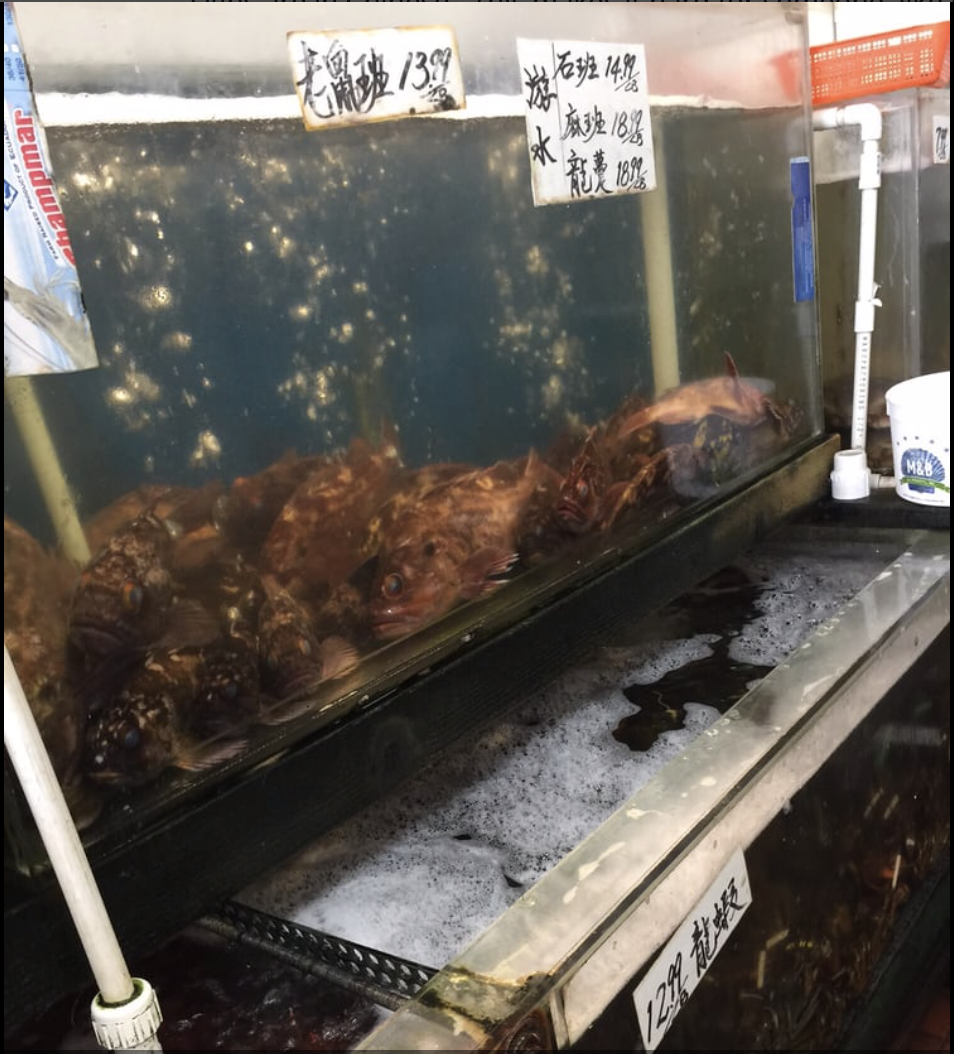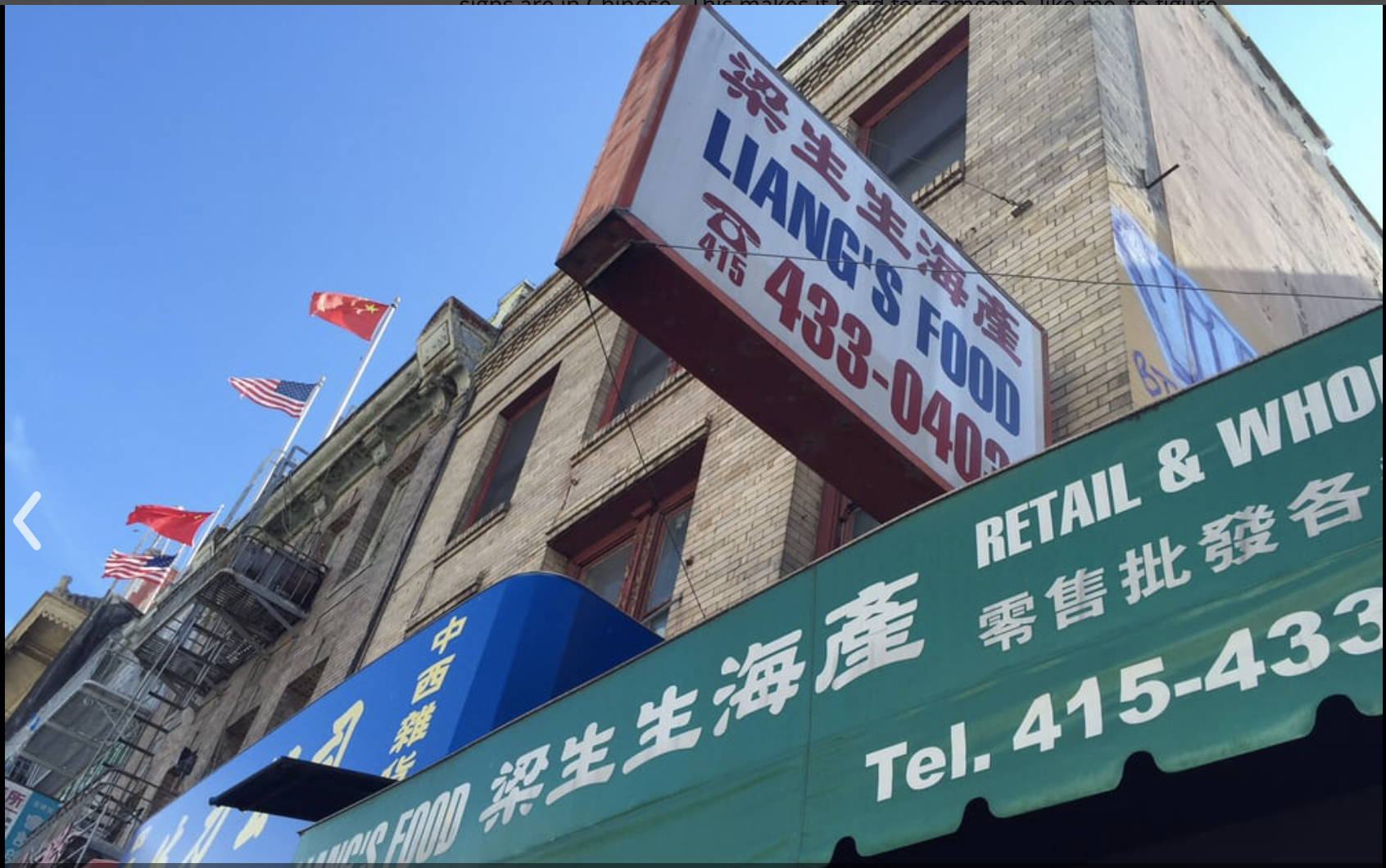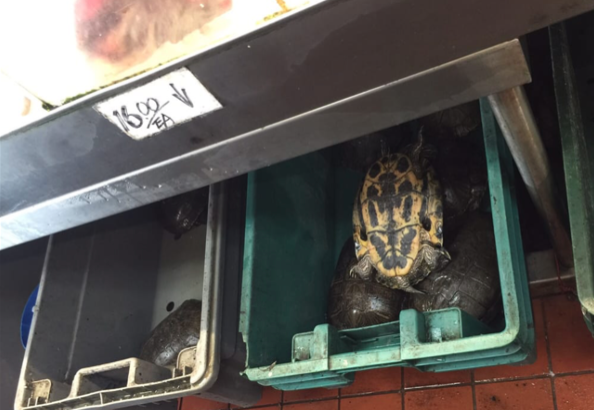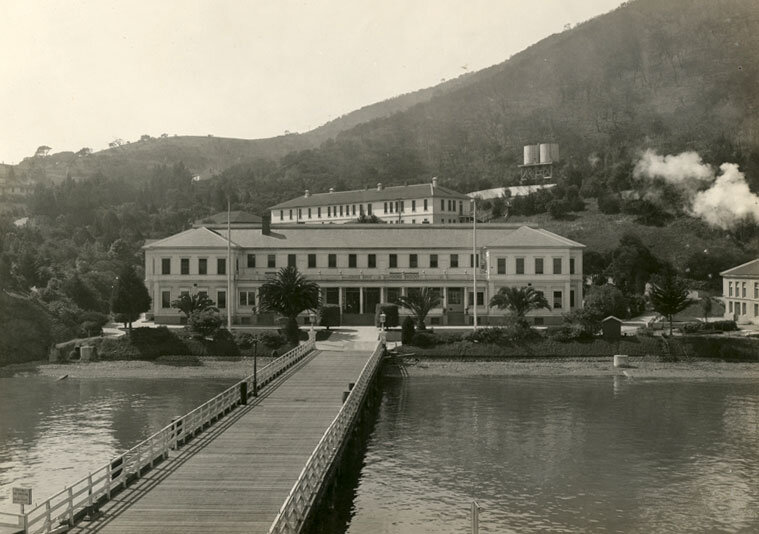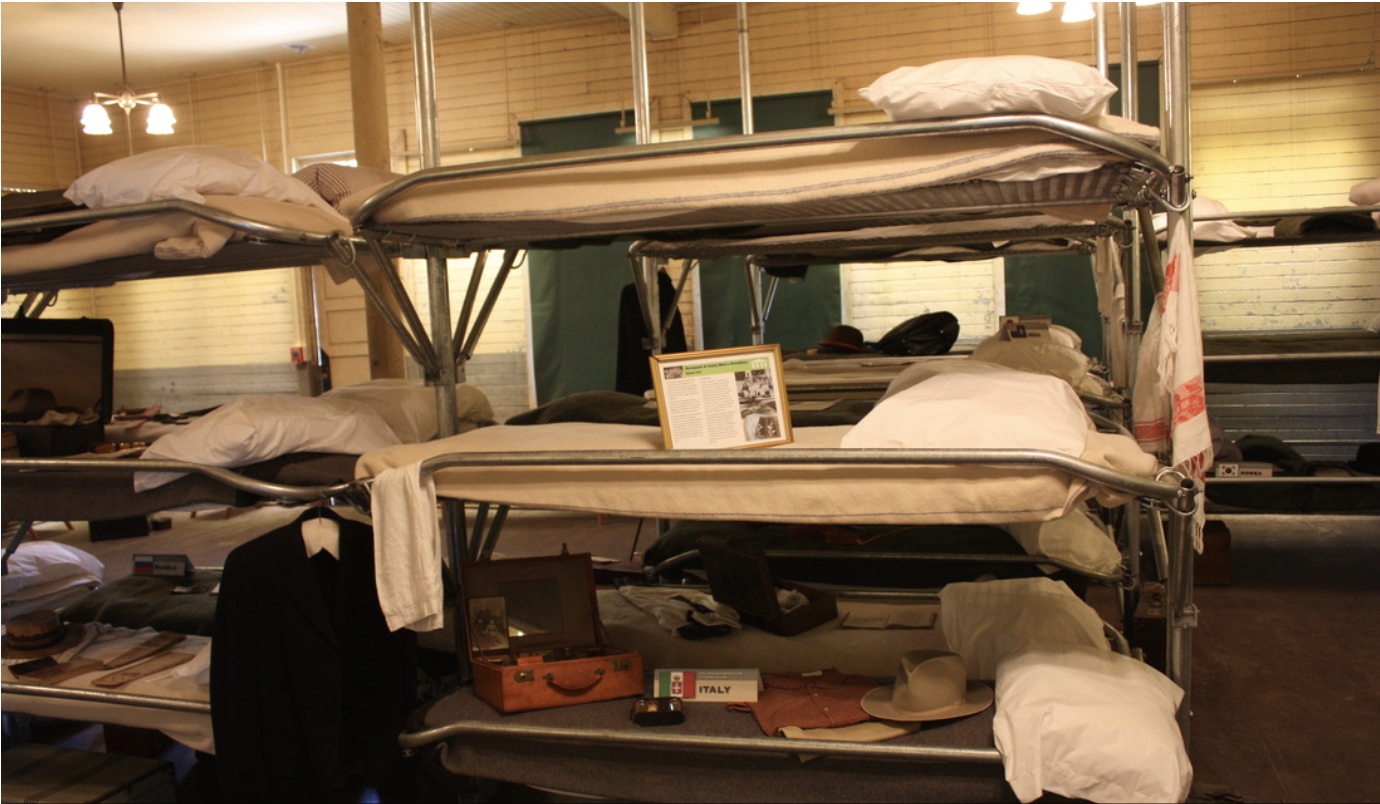From my light brown hair to my hazel eyes I could probably pass as white for the rest of my life, my environment none the wiser. The only hints to my Taiwanese ancestry are my almond-shaped eyelids, which give me a mixed-race look that most people write off as Hawaiian, something my brothers and sisters know all too well. Whether one considers my face a clashing or a harmony of features, I am the physical embodiment of Taiwanese culture melding with that of America.
As told by Amy Tan in The Joy Luck Club, the mixing of such starkly different views of the world is not a peaceful nor easy process. While the characters in the novel are Chinese, I found many similarities between their cross-cultural relationships and my own. Set in Chinatown, San Francisco, the book revolves around the relationships between immigrant Chinese mothers and their American-born daughters, and the strife, but also beauty, that makes up these complex relationships.
A bond already embedded with so much push and pull, the mother-daughter dynamic becomes that much more complicated when there is an immediate disconnect in mannerisms, values, and attitudes.
Raised with Taiwanese values of discipline and a focus on academics, I looked at my Caucasian-American counterparts, who seemed care-free and liberated by comparison, with eyes of jealousy. The Joy Luck Club holds a special place in my heart, because it captures my internal struggle to come to an understanding of, and appreciation for, the way I was raised. As I virtually explored San Francisco’s Chinatown through the eyes of the eight women in the novel, I felt a deep connection to both their unfolding stories and to the city itself, each overflowing with history, culture, and the human condition.
The novel opens with a tragedy that forced many Chinese citizens to flee their homeland: World War II. Jing-Mei Woo recounts her mother, Suyuan's, tale of how the Joy Luck Club came to be, when four refugee women, hoping to distract themselves from the sadness and loss that surrounds them, form a mahjong circle. The club, a distinctly Chinese way of coming together, becomes a beacon of light during dark times. Suyuan later brings the Joy Luck Club to San Francisco, as a space where Chinese-Americans can come together in the comfort of their shared culture and roots.
The first stop on our Bookpacking tour is 15 Waverly Place: the First Chinese Baptist Church of San Francisco. The self-proclaimed heart of Chinatown, this is where the Woo, Hsu, Jong, and St. Claire families of the novel meet in 1949 and give the Joy Luck Club its second, American life. The church is not just a center of worship; it has a rich history of helping Chinese-Americans gain access to education, funds, and clothing during hard times. The church is where Chinese immigrants, like the characters in the novel, could begin their assimilation into American life.
The rustic yet well-maintained exterior of the church gives a sense that there is a rich history here. Through pictures of the church from the 1930s to modern times, I can almost see the generations of Chinese families that have walked through its doors, seeking a place of belonging and community. A few pictures on the church's Facebook page show that the interior is modernized and continues to be a living, breathing center of worship in Chinatown. Churchgoers gather in feast after services, indulging in delicious, traditional Chinese foods. It’s incredibly heart-warming to see the value that this church continues to offer to the Chinatown community.
We continue down Waverly Place, where Waverly Jong's – can you guess what she is named for? – story takes place. Nicknamed the street of painted balconies, Waverly's childhood is surrounded by the vibrant color and life of this special street – fish markets, curio shops, and herbal medicine stores abound.
The people of Chinatown have brought the customs of traditional Chinese markets with them, and anyone passing through will observe customers shouting at storekeepers to hand them various quantities of vegetables and meat. There is no "how are you" or "excuse me"; customer service in Chinese culture means efficiency and accomplishing the task at hand. While the lack of "politeness" can be off putting to some, I appreciate the absence of false smiles and attempts at transient friendship. Chinatown is blunt and to the point, but somehow loses none of its warmth in the process.
“Inside, the butchers with their blood-stained white smocks deftly gutted the fish while customers cried out their orders and shouted, ‘Give me your freshest,’ to which the butchers always protested, ‘All are freshest.’”
What the residents save in time running errands is completely lost during the leisurely, day-long mahjong and chess games that take place throughout public spaces in the city. This tradition is integral to Waverly's story: her childhood hits a turning point when she comes across an elderly man playing a game of chess. She asks if he will play with her, and he proceeds to teach her everything he knows about chess over the course of one summer. Through her experience playing chess with this man, and later the other residents of Chinatown, she becomes a chess prodigy.
Our next destination is one of my favorites – food. Jing-Mei humorously recalls bonding with a crab bought from a seafood store, only for her mother to promptly throw the crab into a pot on the stove. Although, in my opinion, boiling a crab alive seems unusually cruel, Suyuan's disdain for a "dead taste, not firm" in the novel leaves me curious. Is live crab better? The Chinese seem to think so. I venture down to Liang's Food on Stockton Street, the same street where Jing-Mei and her mother buy live crabs for an upcoming feast. I stop at Liang's Food, which carries live fish, turtles, lobsters, crabs, and any other edible ocean animal one can think of. One Yelp review warns, “Don’t bring your kind-hearted friends here. It isn’t a pet shop - it’s what’s for dinner.”
Personally, I like my meat dead and stripped of any resemblance to an animal, but for the residents of Chinatown, these shops provide people with invaluable access to the freshest seafood around. For all my squeamishness, Chinese seafood dishes like ginger-scallion crab and lobster-sauce shrimp are undeniably delicious. As I stuff my face with food, I can only hope, as Jing-Mei does, that the animals "don't have enough brains to know the difference between a hot bath and a slow death."
While outsiders may shy away from some of these more traditional Chinese foods, something all Americans can agree on is a love of fortune cookies. I migrate to The Golden Gate Fortune Cookie Factory, founded in 1962, which prides itself on using its original machinery and handmade techniques.
When Lindo first comes to America, the only job she can find is at a fortune cookie factory, brutal work that pays her a meager seventy-five cents an hour. While The Golden Gate Fortune Cookie Factory was founded after she came to America, it isn’t difficult to imagine the meticulous and exhausting work those in the factories performed. Lindo recalls the never-ending stream of cookies to be made, as she works day and night to make ends meet. The work is dangerous – grabbing the pre-cookie pancake off the griddle too soon means severely burnt fingers, but grabbing too late causes the pancake to harden too much, rendering it unusable. Mistakes were thrown into barrels, their cost deducted from her pay.
“After the first day, I suffered ten red fingers. This was not a job for stupid person. You had to learn fast or your fingers would turn into fried sausages. So the next day only my eyes burned, from never taking them off the pancakes.”
Our next stop is the Angel Island Immigration Station, where Lena St. Claire's mother, Ying-Ying, first comes to America.
The Angel Island Immigration Station was racist and brutally unwelcoming to immigrants. Ying-Ying likely went through weeks of terrifying interrogations in order to determine she was not a "paper son," or a person who falsely claimed relationships with landed immigrants. Detained Chinese immigrants spent their days playing mahjong, ping-pong, or spending time in the outdoor area, which was racially segregated. European immigrants had a much larger designated outdoor area than Asian immigrants.
“She stayed there for three weeks, until they could process her papers and determine whether she was a War Bride, a Displaced Person, a Student, or the wife of a Chinese-American citizen. My father said they didn’t have rules for dealing with the Chinese wife of a Caucasian citizen.”
Looking through the photos and history, I can only imagine the terror that a non-English speaker underwent as soon as they arrived in America. To lessen the severity of these mental images, I like to imagine that Ying-Ying was one of the Chinese poets who engraved beautiful characters into the walls of the barracks.
The final part of our tour is the most difficult for me to journey to and write about. I want to begin by saying that, despite all the gold medalists in the Olympics, many Chinese people don't swim. Beaches are for lounging on the sand (completely covered, as tanning of the skin is frowned upon) and possibly some light wading in the water. Many beaches in China do not even allow swimming. When my uncle bought my grandmother a swimsuit so she could join us in the pool, she refused, and made my uncle return it. Swimming is simply not a part of Chinese, or Taiwanese, culture as far as I have observed.
“And when the rescue people finally pulled her out of the water, she still had her nengkan intact. Her hair, her clothes, they were all heavy with the cold water, but she stood quietly, calm and regal as a mermaid queen who had just arrived out of the sea.”
So when Rose Hsu Jordan describes her family trying to act like typical Americans at the beach, I can paint a perfect image in my head. I can see Rose's mother, An-Mei, urging her children to not get dirty or wet, while meticulously ridding the beach blanket of any sand. I can see her little brothers laughing and making sand castles, because they are young and innocent and hold no disdain for the dirtiness of nature. And I can see Bing, the youngest of the family, trip and fall into the water, never to return, because the Chinese don't swim. Finally, I can see An-Mei jump into the water anyway.
Rose describes the beach as harsh, unpleasant, and secluded. Looking at photos of where her family most likely went, Gray Whale Cove beach near the Devil's Slide trail (named for its fatal rocky edges), it is easy to see how one misstep, along with a lack of water skills, could be fatal.
Our Bookpacking journey ends not in Chinatown, but in the Shanghai Airport. Here, Jing-Mei finally reunites with her half-sisters, whom Suyuan was forced to leave behind during World War II. Because of Suyuan's recent death, it is Jing-Mei's responsibility to recount their mother's life to them, including Suyuan's reasons for leaving them behind in China. While Jing-Mei is worried that her disconnect from Chinese culture will mean that she doesn’t know enough about her mother to tell her story, she realizes that their relationship, while far from perfect, was full of love, closeness, and understanding. Jing-Mei sees that she cannot escape the Chinese way, not because her mother forced it on her, but because the love and values Suyuan instilled are forever a part of her.
For all of my American-ness – my vulgar humor, my need to make small talk wherever I go, my belief in following one's passions – there is a part of my heart that will always live in Taiwanese culture. I attribute this to my grandmother, imprinting all her Taiwanese values on me when I was just a baby duck.
She raised me for the first year of my life, singing to me and holding me while my parents were at work. As I got older, she was there every day to take me and pick me up from school, buying me as much ice cream and McDonalds as my heart desired. When I look back at my childhood, my grandmother by my side, it was filled with:
"Mei-mei*,don'tfightwithJie-Jie**! Don't cause trouble for your parents!" (*little sister / **older sister)
"Just do what your mom say, okay? Don't cause trouble."
"Another A+! Hen hao (very good). If you get all straight As, I give you some money, okay?"
No wonder I am a people pleaser.
And while I intensely disliked the external pressure for perfect grades and stellar achievement, years later, grateful for the world-class education I am receiving, I have come to an understanding of, and, at times, an appreciation for the way I was raised. Much like Jing-Mei, I needed time and perspective to see the value in what I was taught. There is even some give and take now. After two weeks of arguing my parents finally relented, and I switched to a Narrative Studies major, their worst nightmare.
“Pfft. What is Narrative Studies? No jobs.”
Having spent my life on both sides, I feel qualified to say that there is good and bad to both Taiwanese and American culture. Where the Taiwanese see disobedience and arrogance, I see an appreciation for creativity and a healthy amount of self-esteem. Where Americans see harshness and rigidity, I see an unmatched work ethic, and a profound love and respect for family.
Overall, when Eastern and Western collide, there is unavoidable damage to both sides. But as Amy Tan shows, if there is enough love, Chinese mothers and their American-born daughters can pick up the pieces together, and create lasting beauty in the rubble.
Abby Chen is a Junior at USC majoring in Narrative Studies. Her passions are songwriting, surfing, and finding the beautiful stories that surround us all.



